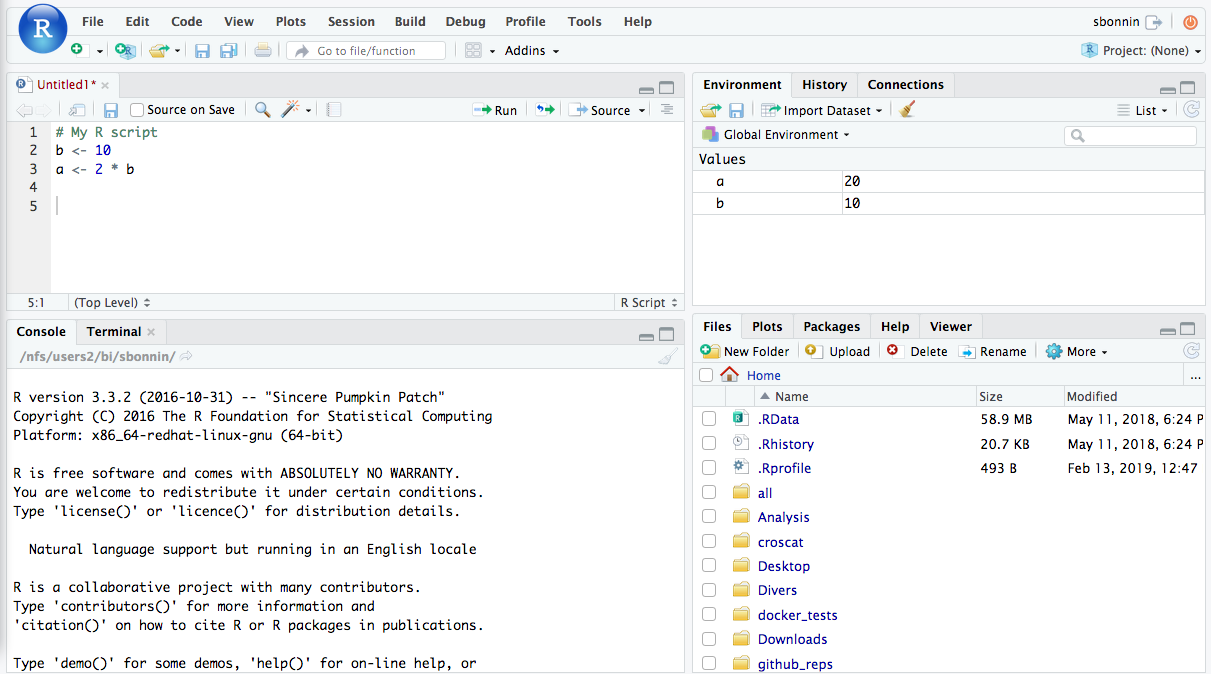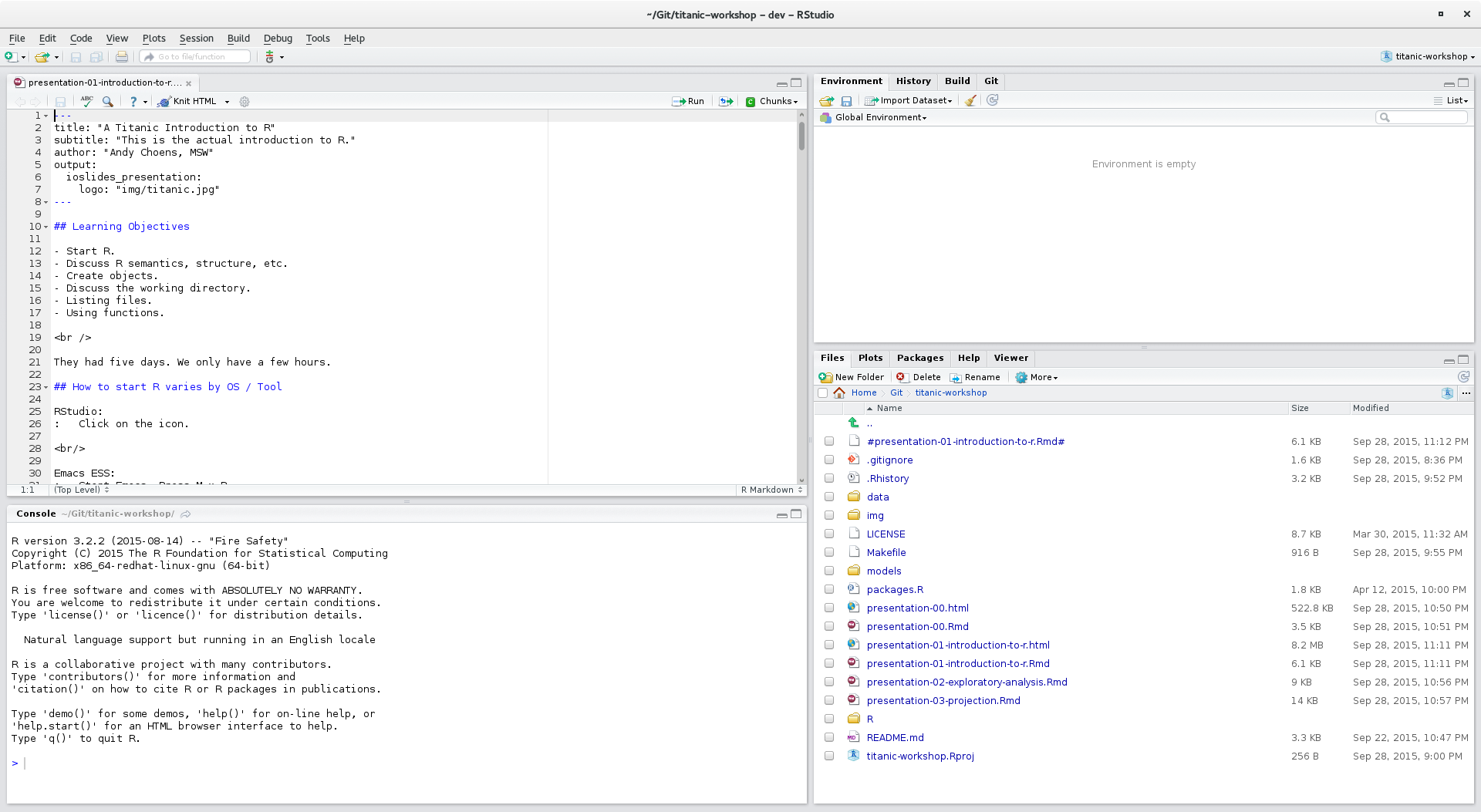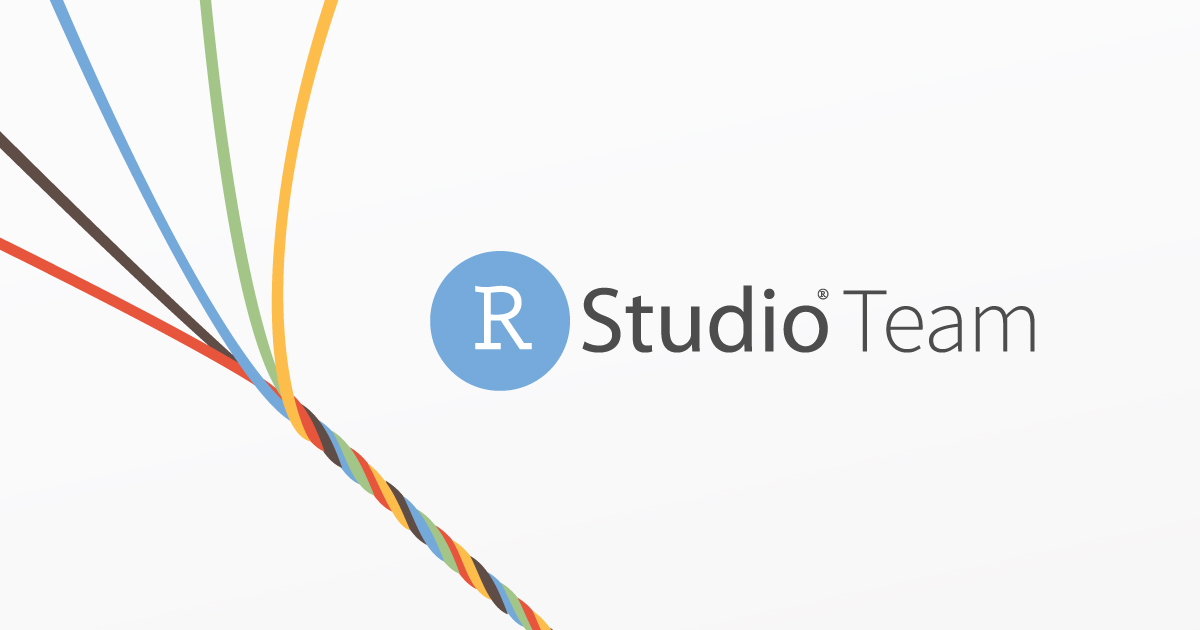
You may cancel free of charge up to 4 weeks before the start of the course.For every late cancellation or no-show we have had to disappoint others who would have liked to attend. This is our policy: Once you have signed up for a course, we expect you to attend. However: free of charge does not mean free of responsibility. This course is free for GSLS PhD candidates. You will receive a course certificate after actively participating in all course sessions and passing the Final Assignment. This study load generally consists of exercises and assignments in preparation for the next session. In addition to the scheduled sessions, you should take into account an extra study load of approximately 65 hours in total. You will be trained by one of the professionals of Utrecht Bioinformatics Center, Utrecht University. It is mandatory to attend the final assignment. Next will be a combination of self-study exercises and in-class lectures and hands-on questions and answers sessions.Īt the end of the course a final assignment is given to test your progress.

The course starts with an email with the instruction on how to install the software followed by an online introduction lecture. The course will give an introduction to R and Rstudio, an integrated development environment for R. Learning objectivesįor this course you will work on your own laptop.

Important: for this course you need to bring your own laptop.

The aim of this course is to give a basic training in R for scientists working in life sciences. R is a widely used software environment for statistical computing and provides a wide variety of libraries for data manipulation, modeling and visualization.

Currently, appropriate analyses of large-scale datasets (proteomics, genomes, Htseq, RNA-seq, ChIPseq, etc.) are a limiting factor. Due to technological advances in molecular biology (genomics, large-scale systems biology) research in the life sciences is becoming increasingly data rich.


 0 kommentar(er)
0 kommentar(er)
